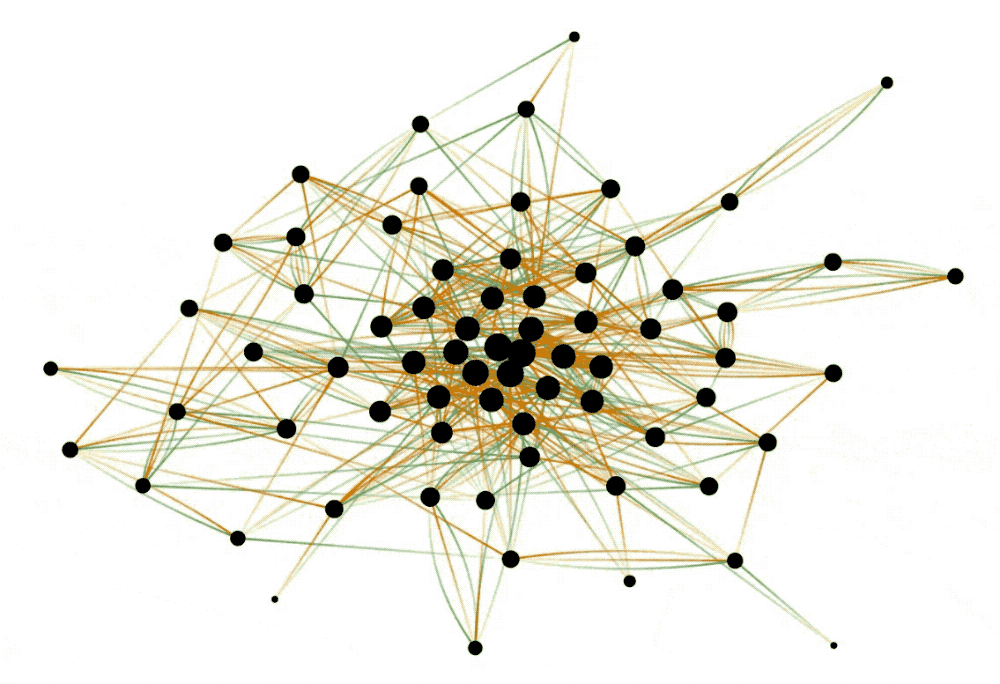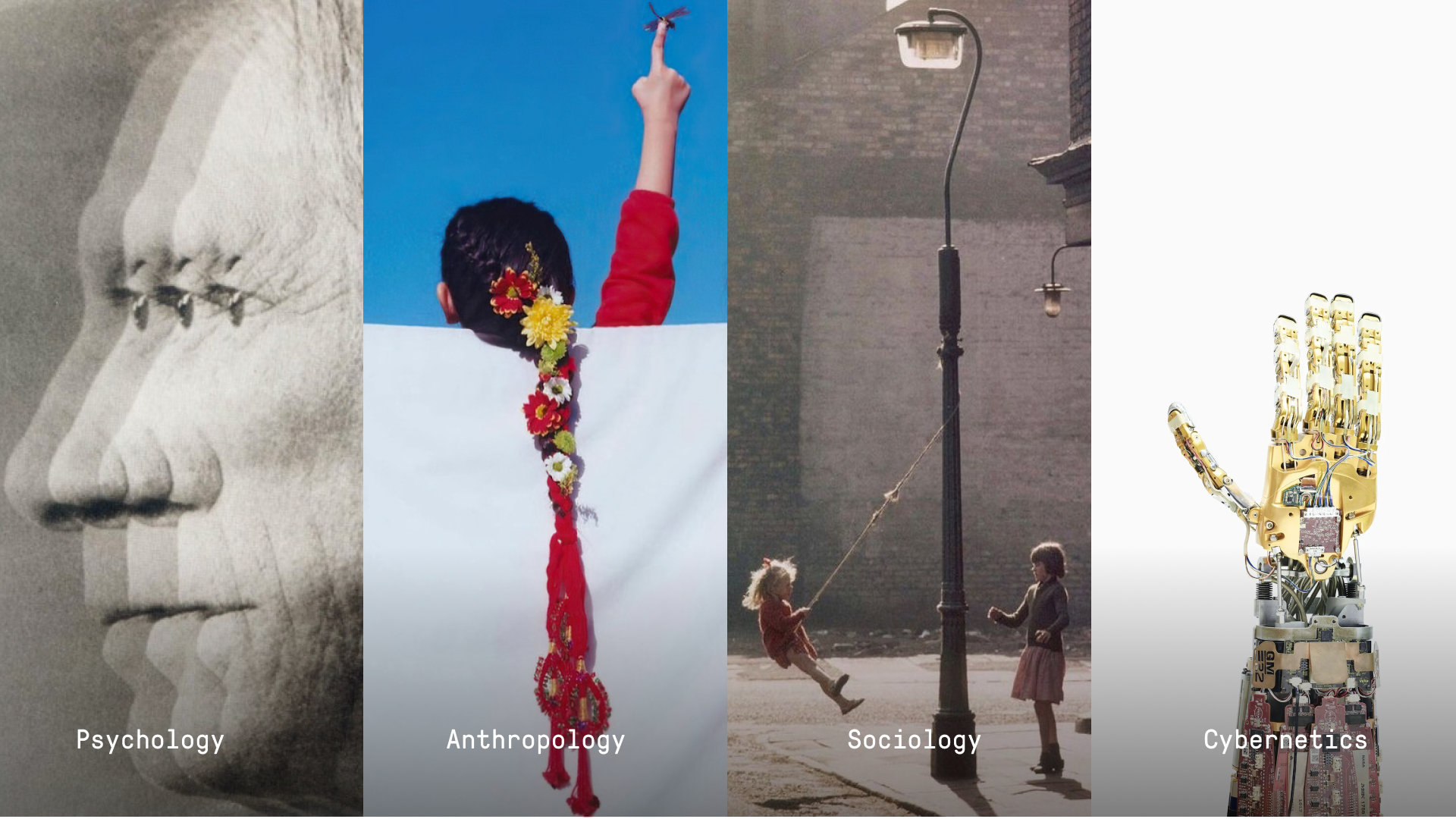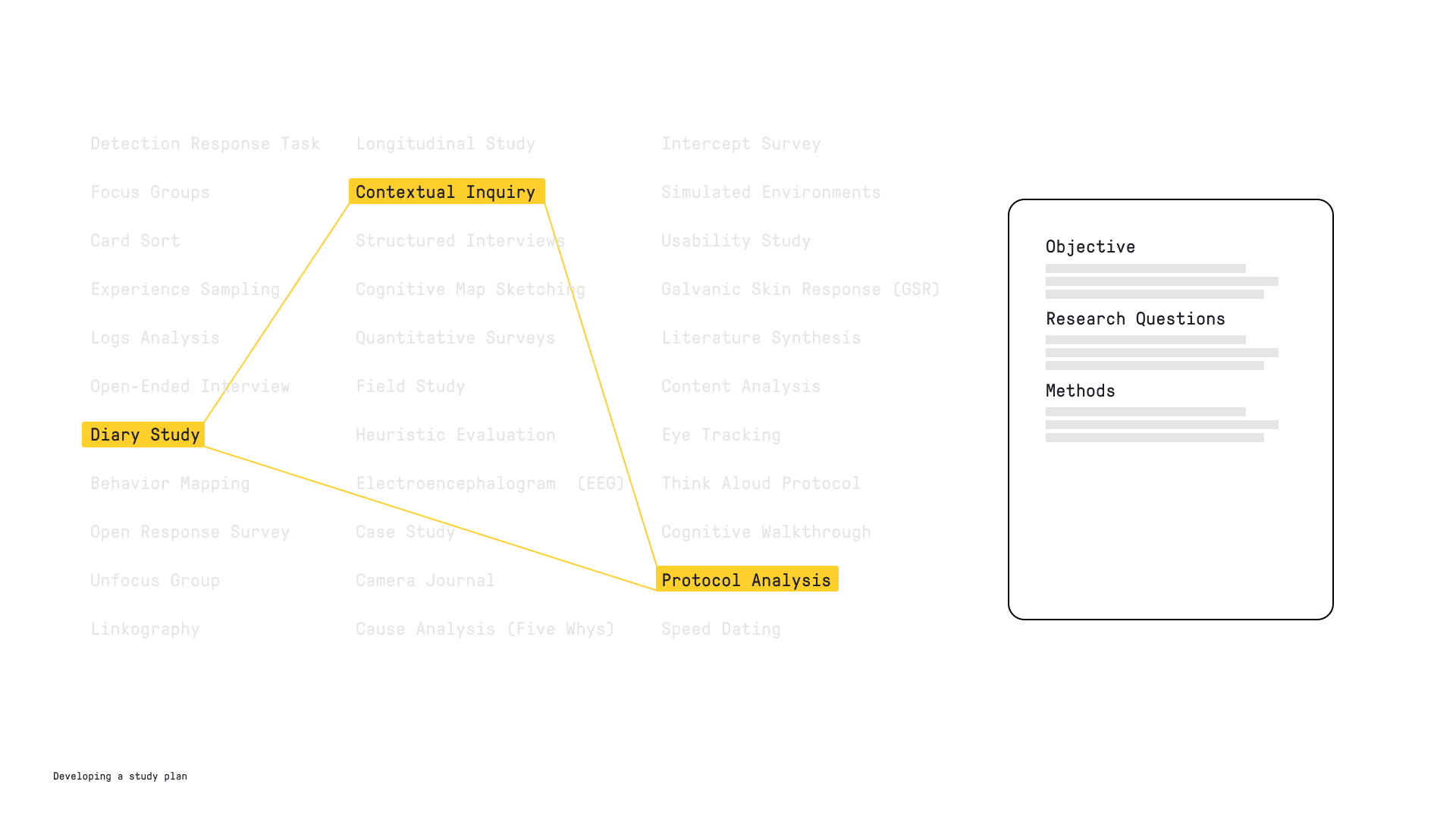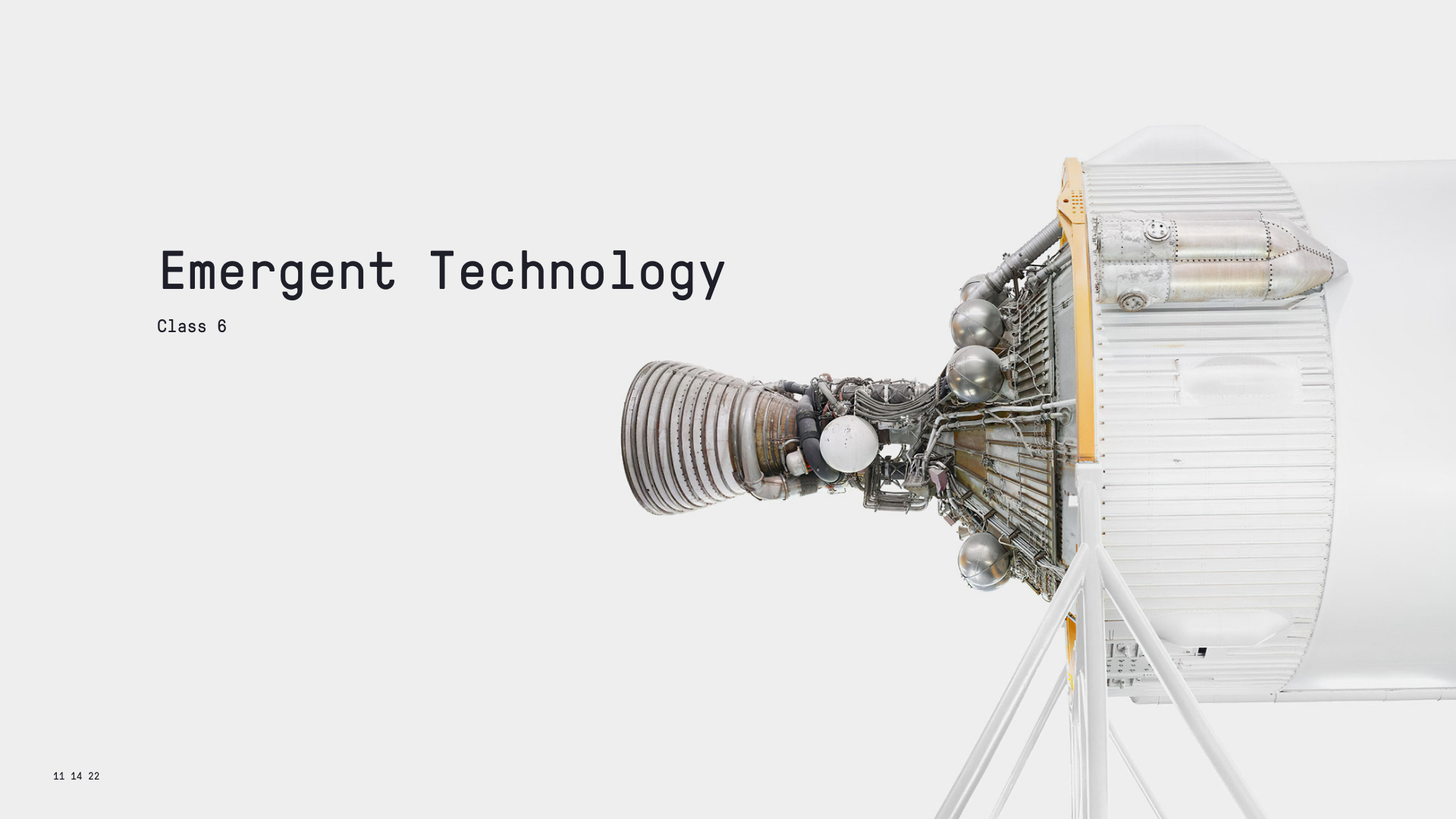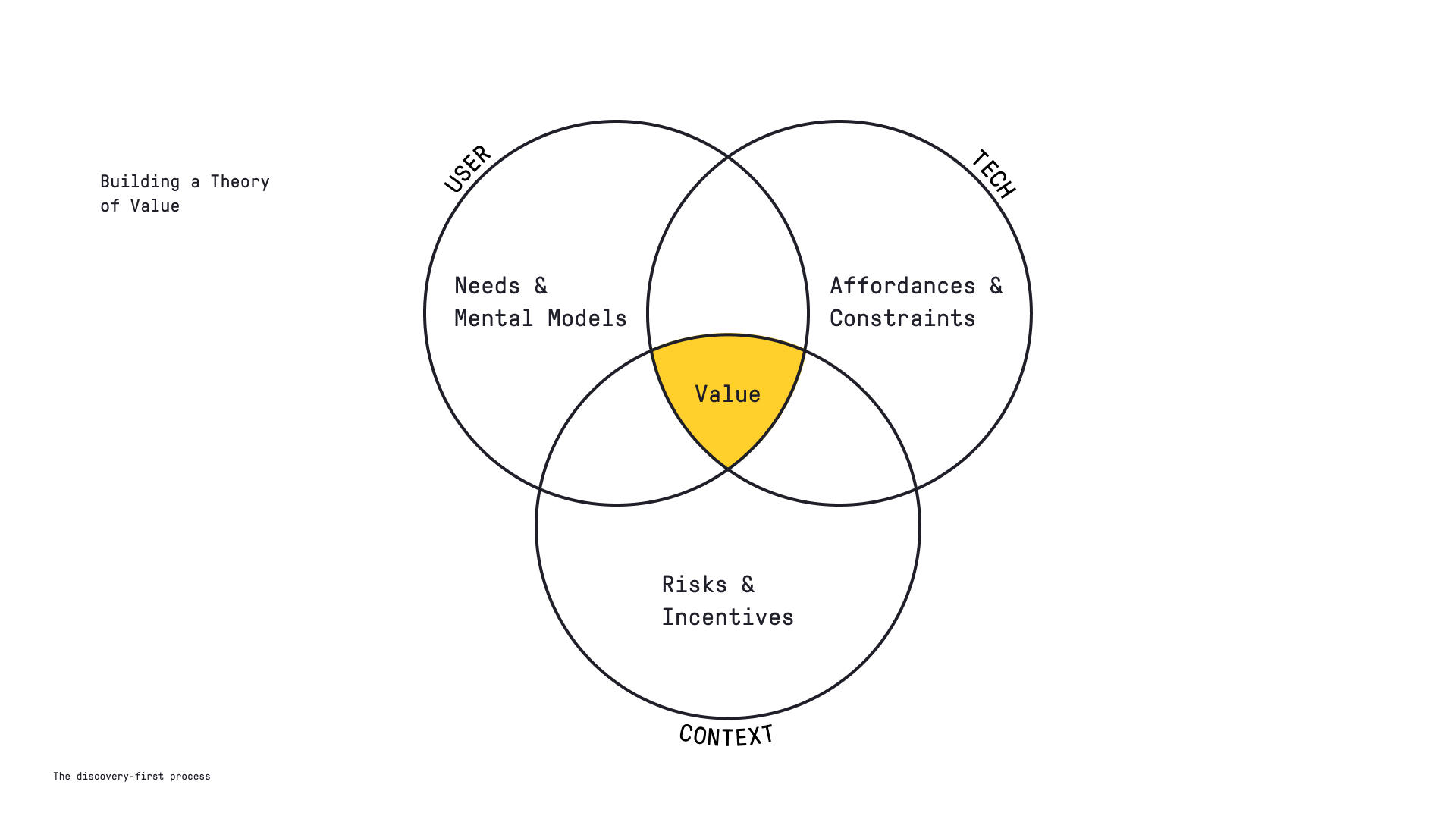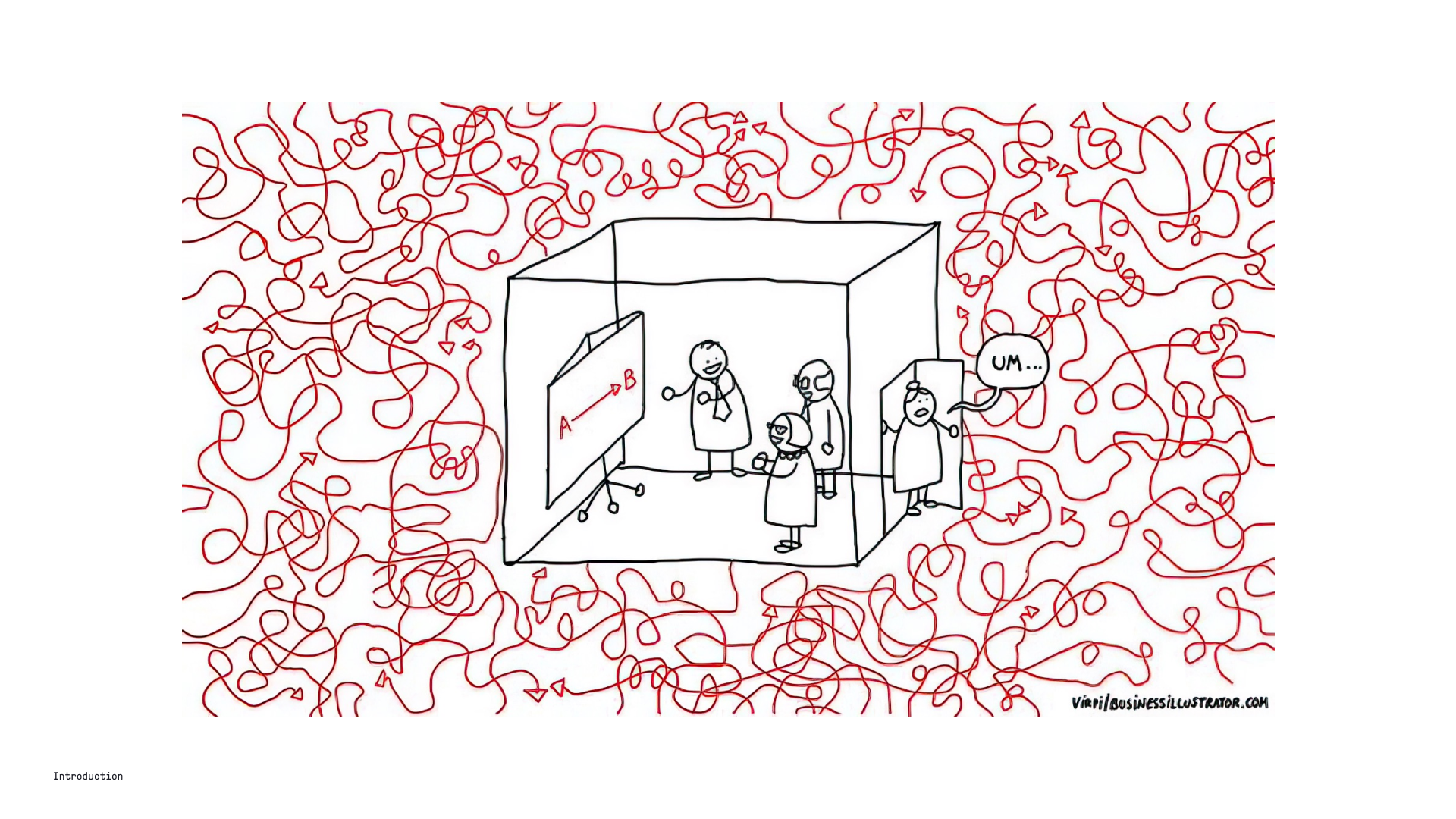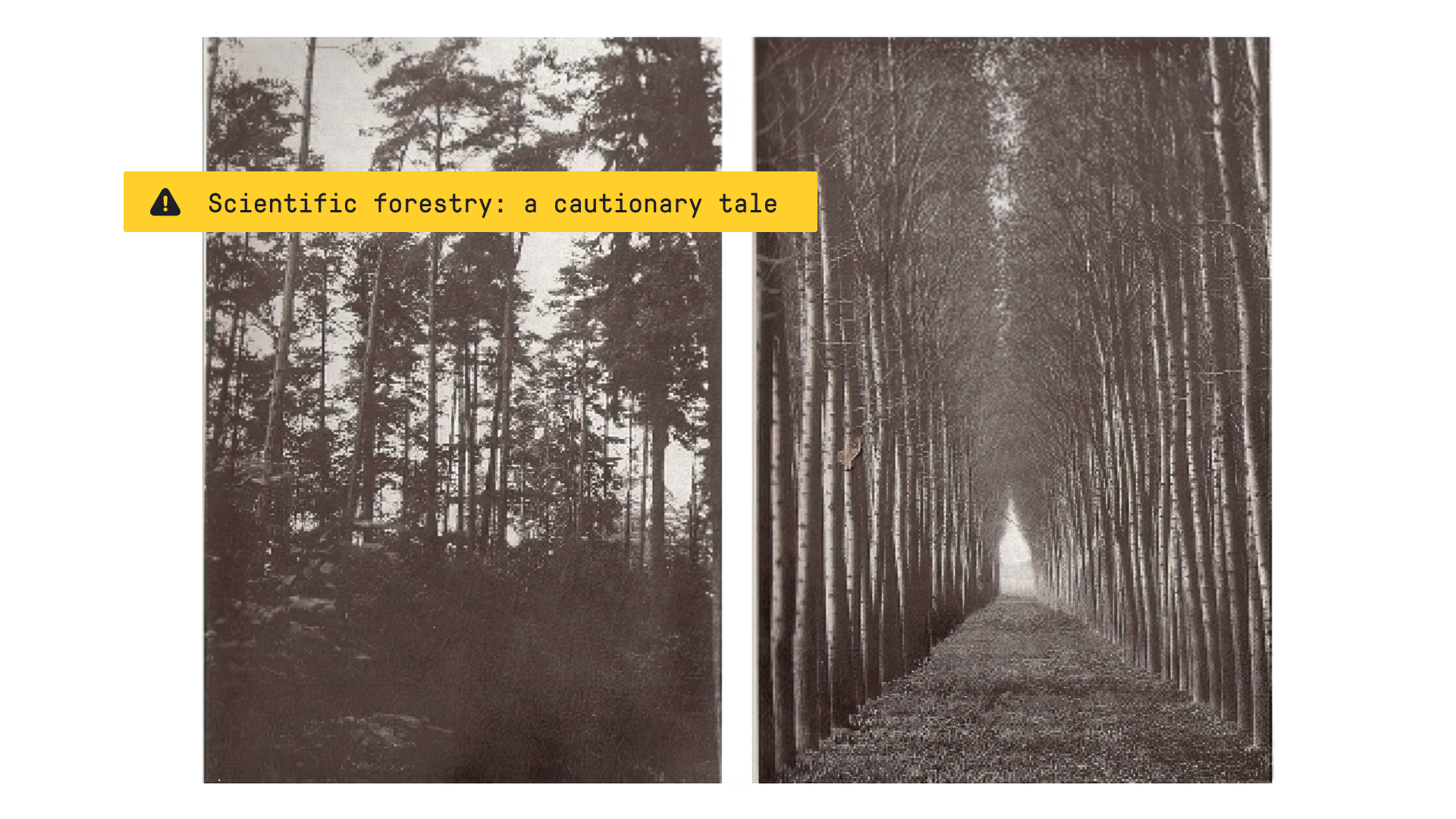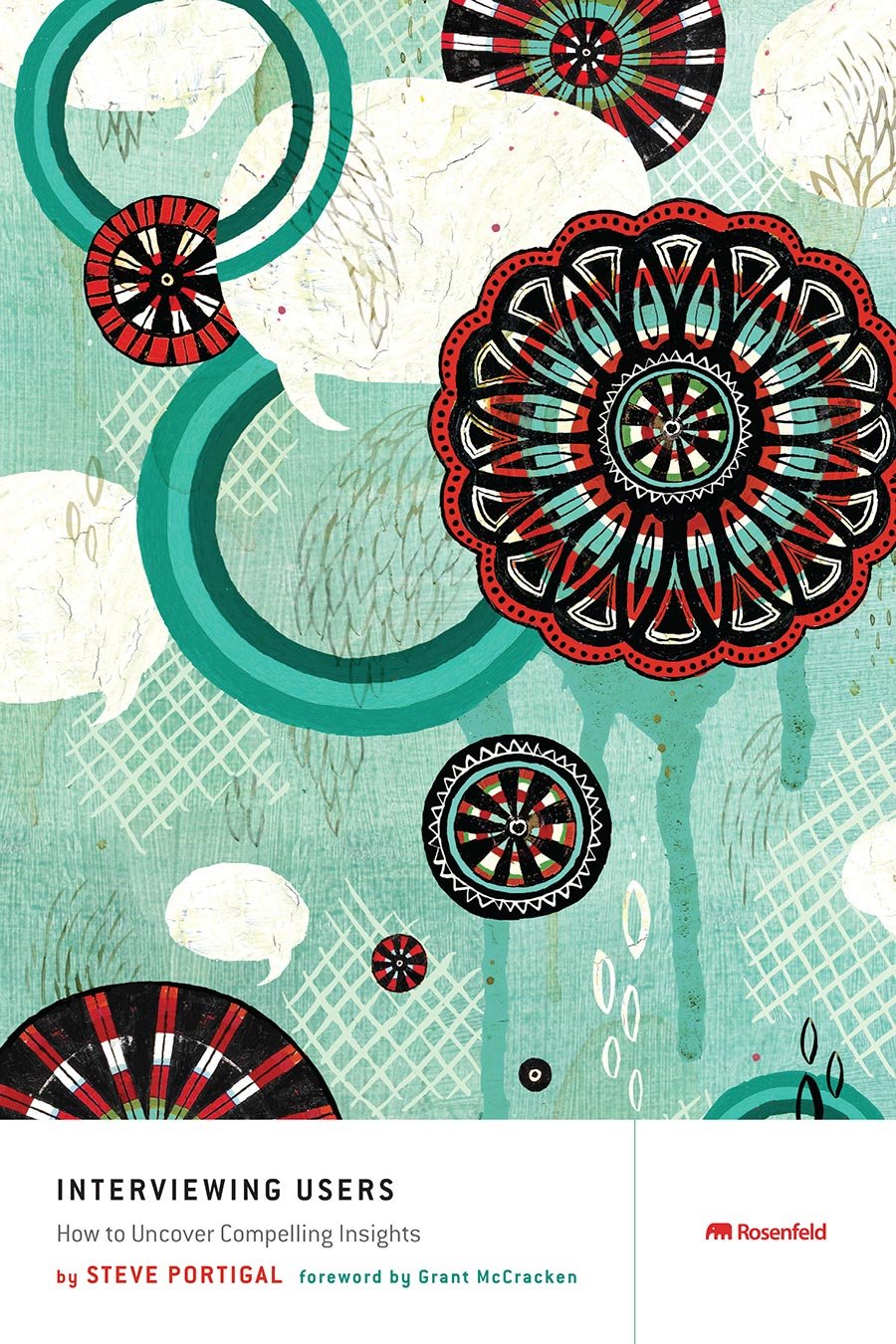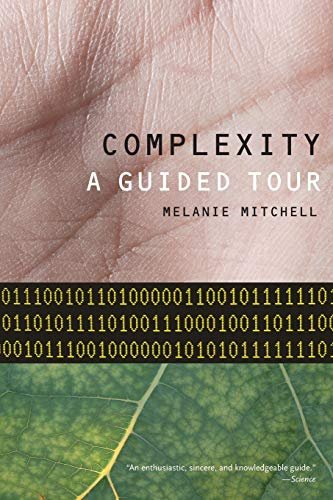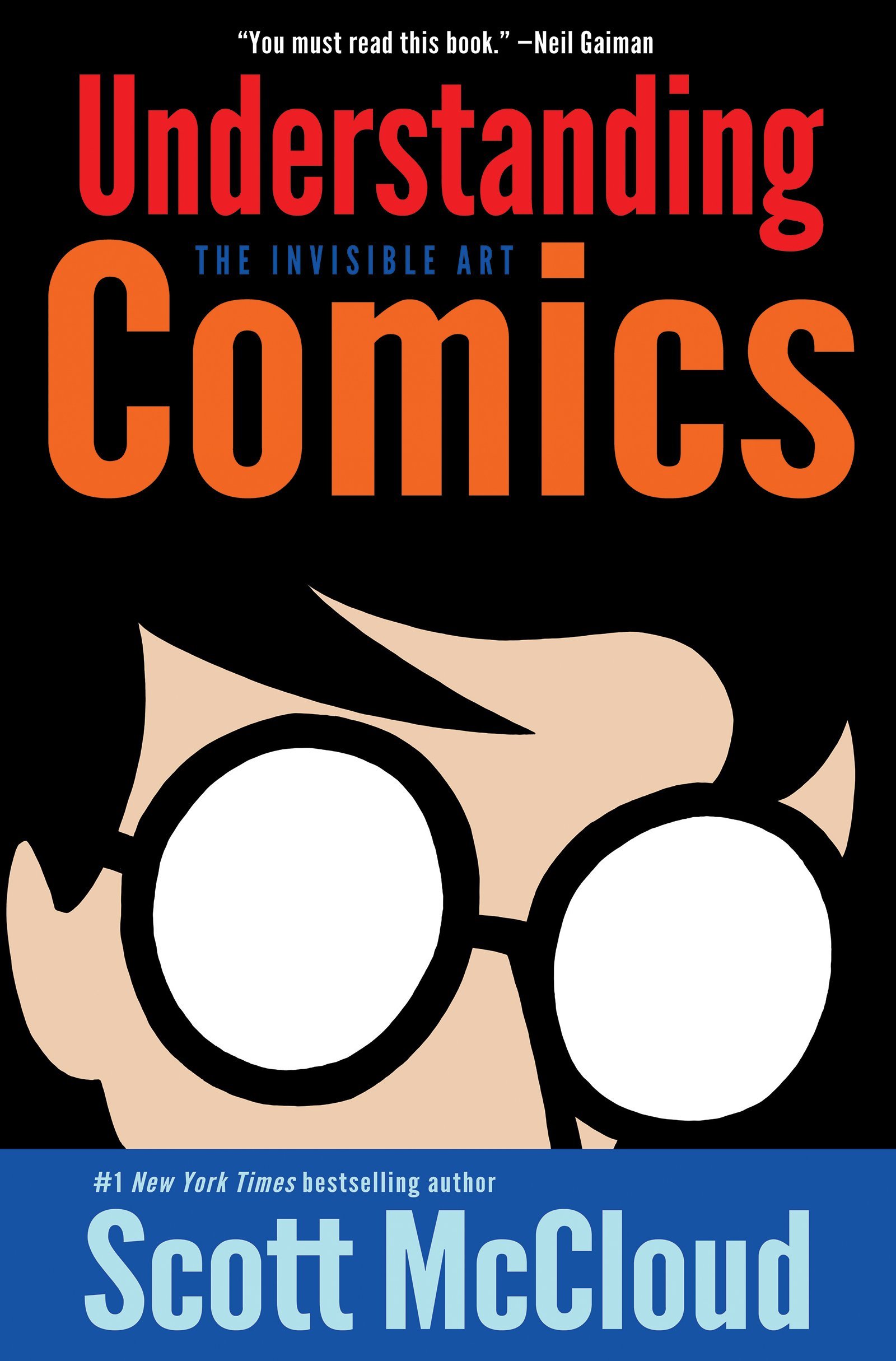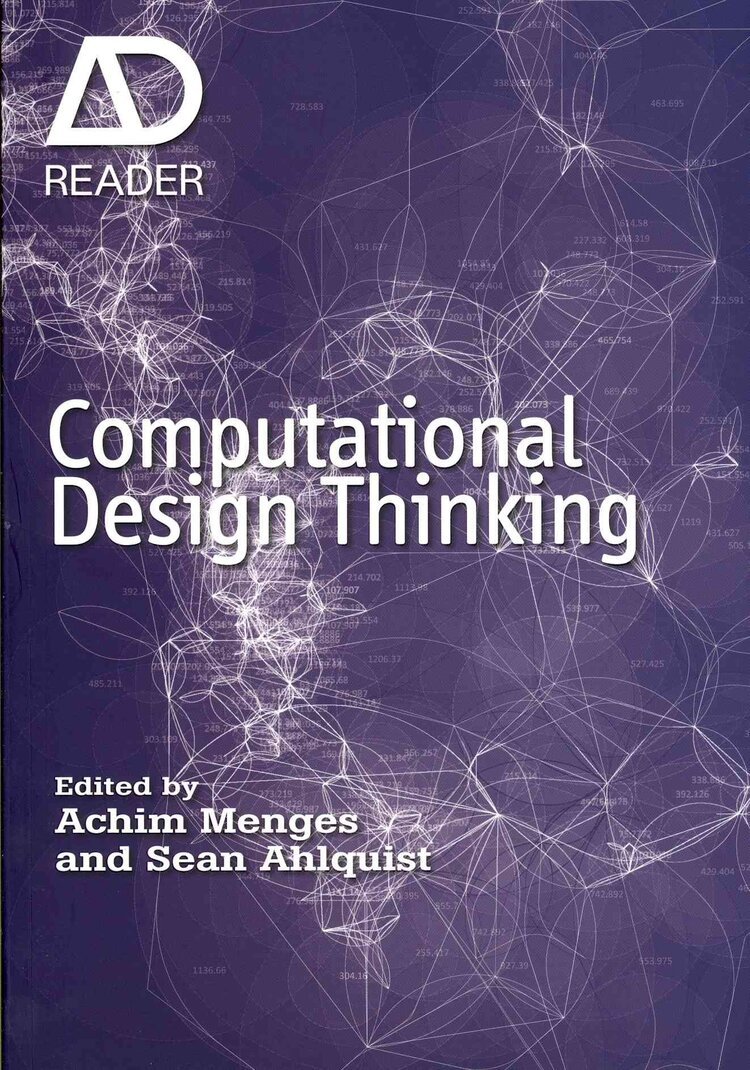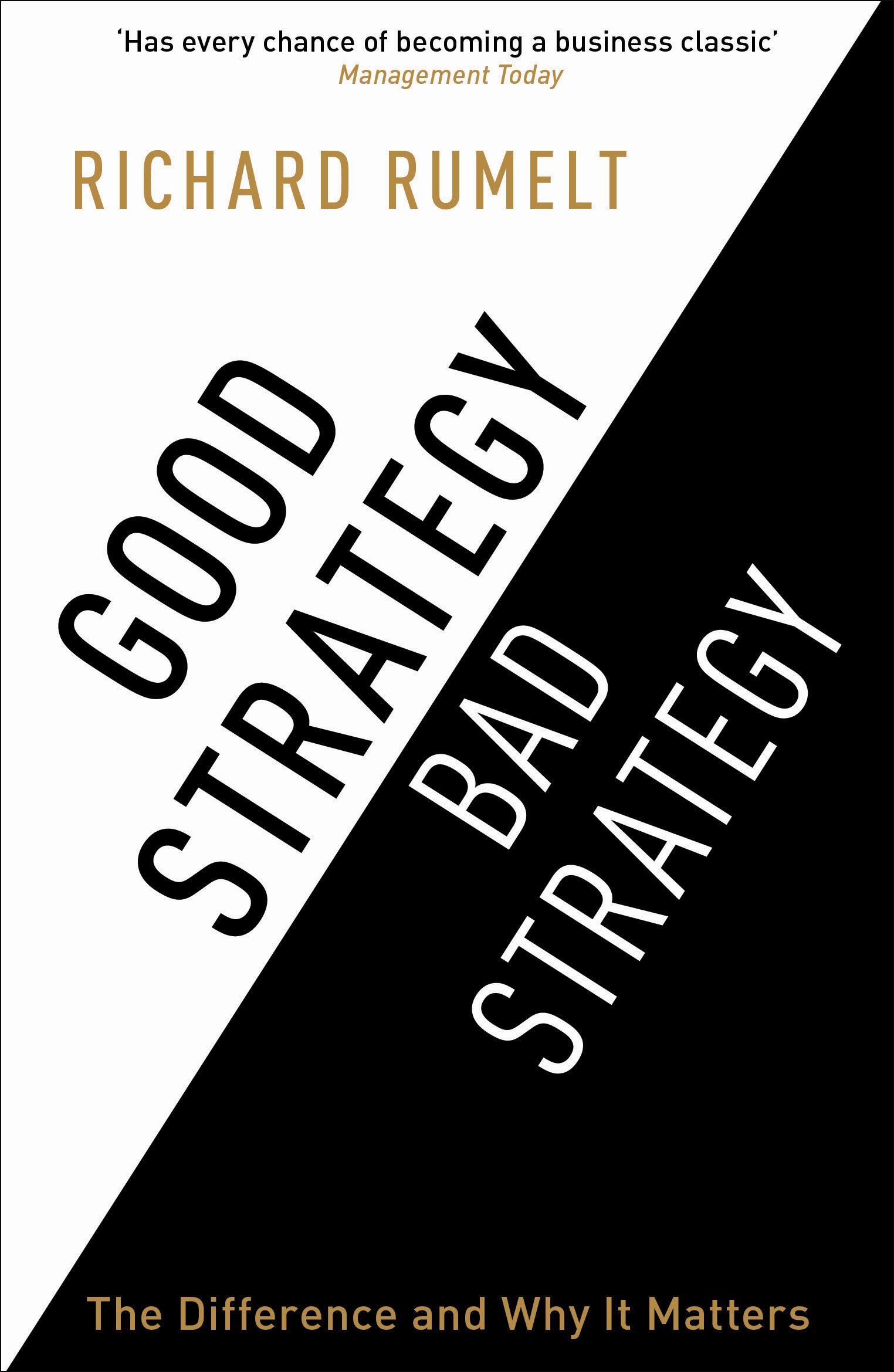Design Research for Complex Systems
GRADUATE COURSE at HARBOUR SPACE in BARCELONA
Students using new workshopping techniques to develop their group research projects during studio time.
Instructor
Each year I spend a month teaching ‘Design Research for Complex Systems’, a graduate course I developed for product management, entrepreneurship, and design students at Harbour Space in Barcelona.
The course fuses theory and practice to equip students to navigate the frontier of emerging technology in a world of complex systems. Students learn how to navigate complex systems and conduct design research at the earliest stages of development, when ambiguity demands a discovery-oriented mindset. We draw from lessons in complexity science, cybernetics, media theory, evolutionary psychology, postmodern philosophy, grounded theory, and my own experience developing new technologies with leading organizations around the world. Classes incorporate lectures, seminars, guest speakers, and studios—during which students carry out their own design research project.
“This course will expand your mind.”
The unorthodox teaching model at Harbour Space is inspired by the Finnish education system. For three weeks, Design Research for Complex Systems is my students’ only class. We meet every day for three hours a day, giving us ample time and focus to dive deep into the rich and often challenging subject matter.
Students select their own areas of study, and have explored complex systems like global shipping, education, urban transportation, financial systems, and labor markets.
“Kasey’s lectures feel like great Netflix documentaries.”
“Very cool experience, this was one of the best classes at Harbour Space.”
Course Overview
WEEK 1
-
What is design research? What are systems?
This class introduces these core concepts as well as OODA loops, the ladder of abstraction, and models.
Students use interactive digital tools to model systems with stock and flow visualizations.
-
What is complexity?
This class introduces the world of complexity science, the discovery-first research process, and the phenomena of emergence.
Students get their hands dirty with agent-based modeling to better understand these surprising dynamics.
Students also select complex systems for study, identify their stakeholder within that system, and form groups for their research project over the next three weeks.
-
Impactful design research begins with strong and well-articulated research questions.
In our first studio, students learn workshopping techniques and frameworks for developing early-stage research questions.
Their assignment is to build a study plan.
-
This class introduces the strange world of the human mind by tracing our evolutionary heritage and the how the unusual quirks of human nature play out at large social scales.
Students learn the principles of user-centered design and methods for applying them in their work.
Guest speaker: Julka Almquist, Director of Research on the Innovation Team at Target and former IDEO ethnographer
-
This studio provides a tour of the researcher’s toolkit, with qualitative and quantitative methods for investigating new problem spaces.
Students learn how to select a proper method for their study and techniques for conducting great interviews.
WEEK 2
-
What exactly is technology? Where do new technologies come from? How does technology progress? Who develops new technology?
This class explores these questions through the lens of combinatorial evolution and traces the history of the technologies that have changed our world.
We also introduce the concept of design for emergence as an alternative paradigm to modernist and user-centered design.
Our guest speaker is Sam Arbesman, a complexity scientist at Lux Capital and author of Overcomplicated: Technology at the Limits of Comprehension.
-
In this studio, students begin the process of collecting qualitative data for their research projects.
We cover different approaches to interviews, techniques for building rapport and uncovering mental models, and conduct mock interviews.
-
This class begins with students sharing examples of design for emergence from the wild.
After student presentations we dive into grounded theory and how high-level insights emerge from low-level data.
-
In this studio, students get their hands dirty deriving insights from their qualitative interview data.
Students learn several analysis techniques like affinity mapping and open coding alongside frameworks like the DIKW pyramid.
-
What are mental models? Where do they come from, and how can we build them?
This class—a student favorite—is a tour of mental models like Chesterton’s fence, contagion, the rhizome, the tragedy of the commons, and chaos theory.
Our guest speaker is Alex Komoroske, Head of Corporate Strategy at Stripe.
WEEK 3
-
The word gets thrown around a lot, but what exactly is strategy—and why is it so rare?
In this studio, students learn the fundamentals of strategy and techniques for how to turn descriptive insight from their research into superior actions for their stakeholders.
-
While understanding complexity requires simplified models, confusing the model for the system can have dire consequences.
This class offers a cautionary tale about the dangers of reductionism, covering concepts like legibility (à la James C. Scott), the McNamara fallacy, and the unintended consequences of social media on political discourse.
Students use the ‘Tarot Cards of Tech’ to explore risks of unintended consequences in their research projects.
-
In order to have impact, great research must be paired with great storytelling.
This studio covers the fundamentals of visual communication and offers practical techniques for effectively transmitting ideas across minds.
-
Students present their group projects with guest critics.
-
Students present their group projects with guest critics.
“I really loved this course, I think there’s a great balance between theory and practice. Moreover, it was really a pleasure to learn from experts (including guests) with amazing backgrounds.”
Course Material
“Kasey was a great instructor who brought to the table real-life experience and mentoring. He cared about us learning and absorbing the content, as well as getting us out of our comfort zone.”
Guest Speakers
Julka Almquist
Director of Research on the Innovation Team at Target, formerly IDEO
Sam Arbesman
Complexity Scientist at LUX Capital, Author of Overcomplicated: Technology at the Limits of Comprehension
Alex Komoroske
Head of Strategy at Stripe, formerly Google
